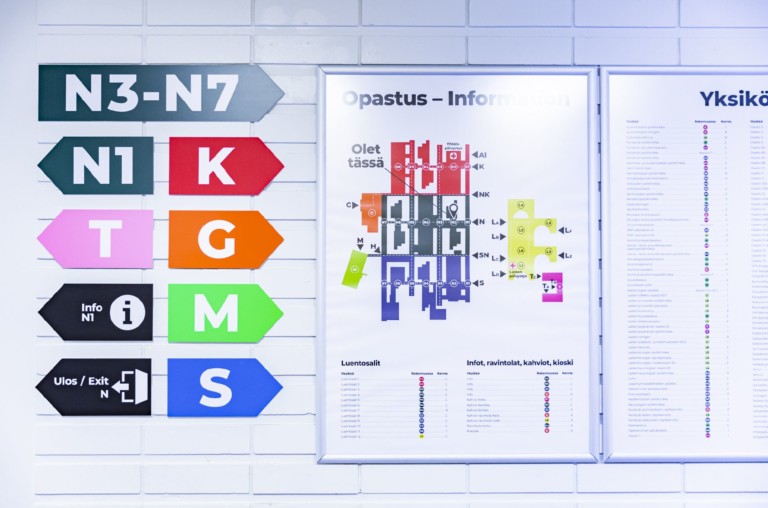
Assessment of care needs, call: 116 117
In case of emergency, call: 112


Find information about access to treatment, cancelling appointments, arriving at the hospital, patient fees, discharge and many other things.
Patient instructions

High-quality research and teaching ensure safe patient care in line with the latest health science data and good treatment practices.
Research and teaching